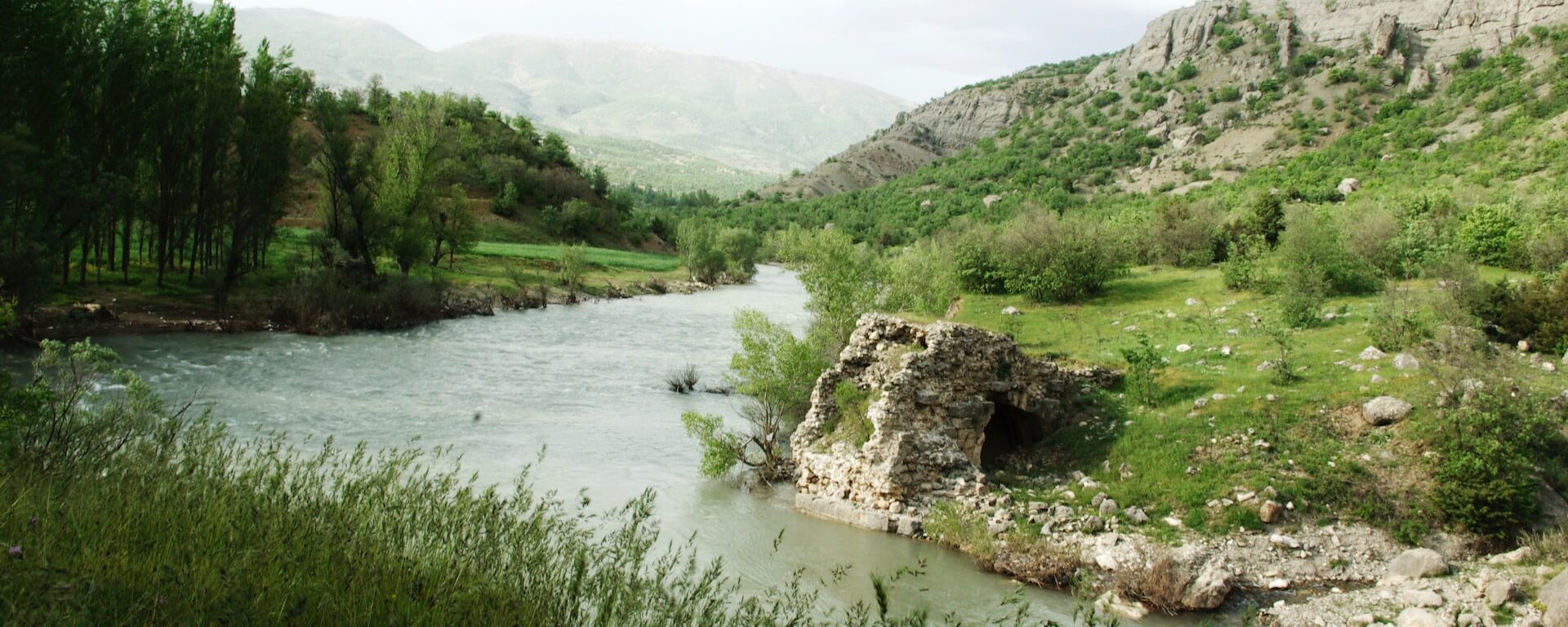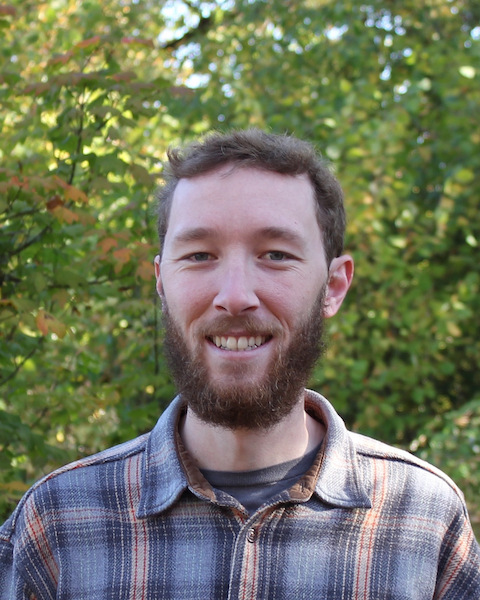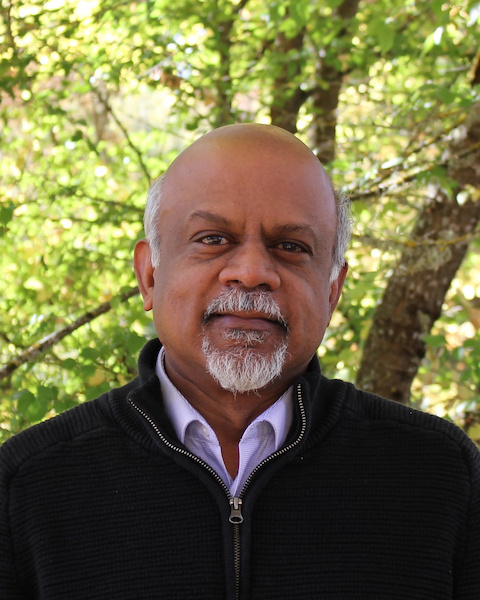Identifying optimal projects with the greatest potential to effectively infiltrate and conserve water in the productive farmland regions of Madera and Stanislaus counties, California.
Conservation Biology Institute (CBI) and American Farmland Trust (AFT), the organization behind the national movement No Farms No Food®, continue to build off their previous work on the San Joaquin Land and Water Strategy. With the support from a Conservation Innovation Grant by the USDA Natural Resources Conservation Service, this phase of work focused on identifying priority areas for groundwater recharge in Madera and Stanislaus counties as well as the greater San Joaquin Valley.
CBI and AFT have compiled informative datasets related to soils, crop types, water infrastructure, and conservation areas in the San Joaquin Valley. These will be located in a San Joaquin Valley Gateway Gallery and mapping tool (with an associated manual) to aid in identifying optimal projects with the greatest potential to increase infiltration and conserve water. These datasets will provide a broad context that will allow for multiple benefits where possible such as locating conservation easements near currently protected areas in the productive farmland regions of Madera and Stanislaus counties, California.
The Project Prioritization Tool (PPT) is a conservation decision-making tool to increase the adoption of water infiltration practices, improve groundwater recharge, and protect agricultural land in the San Joaquin Valley (SJV). This PPT manual was developed by AFT and the Conservation Biology Institute (CBI) based on the data analysis of the San Joaquin Land and Water Strategy report.


